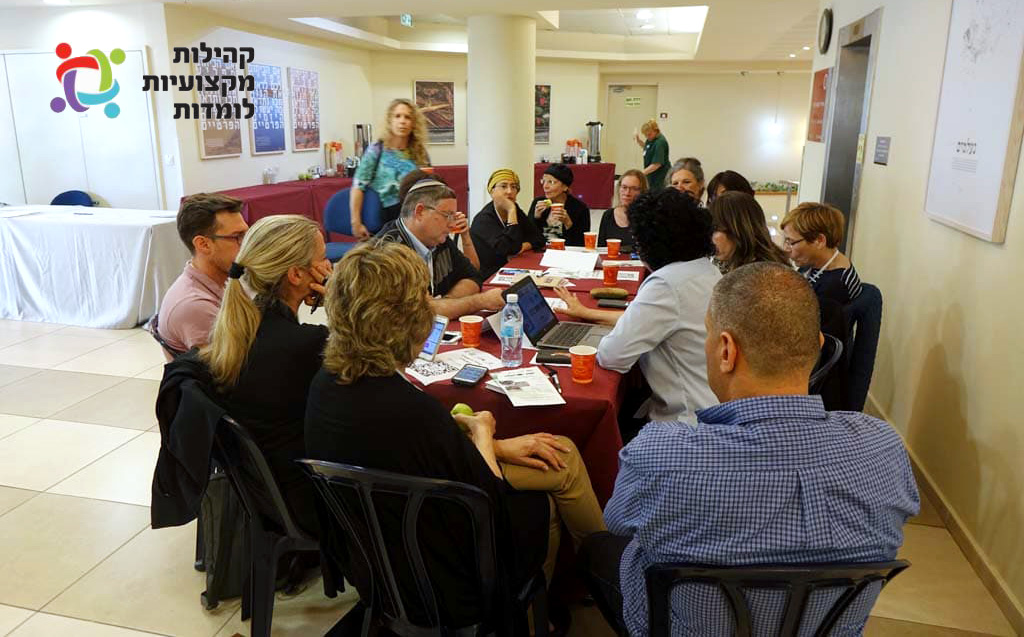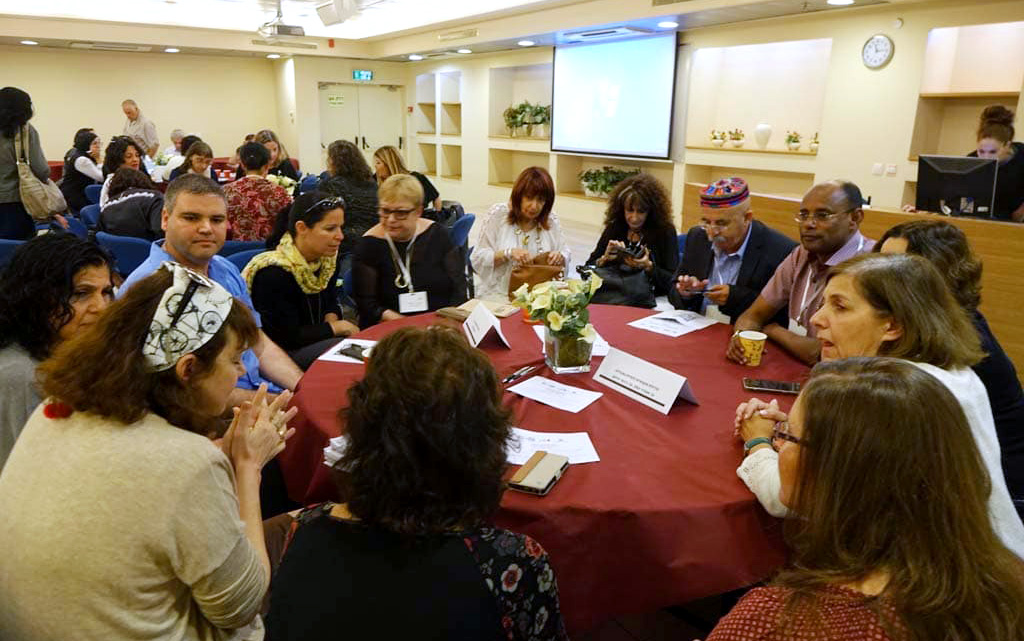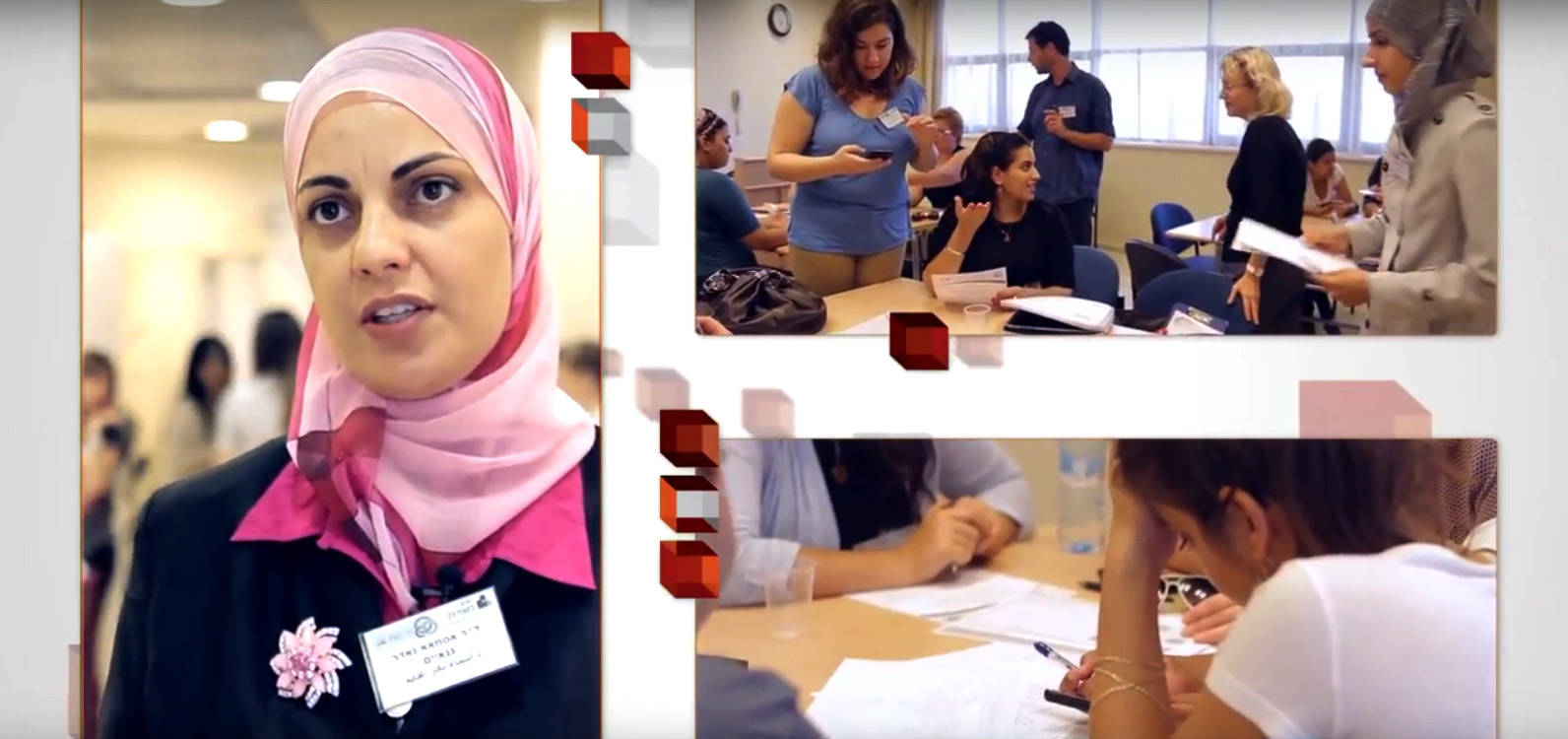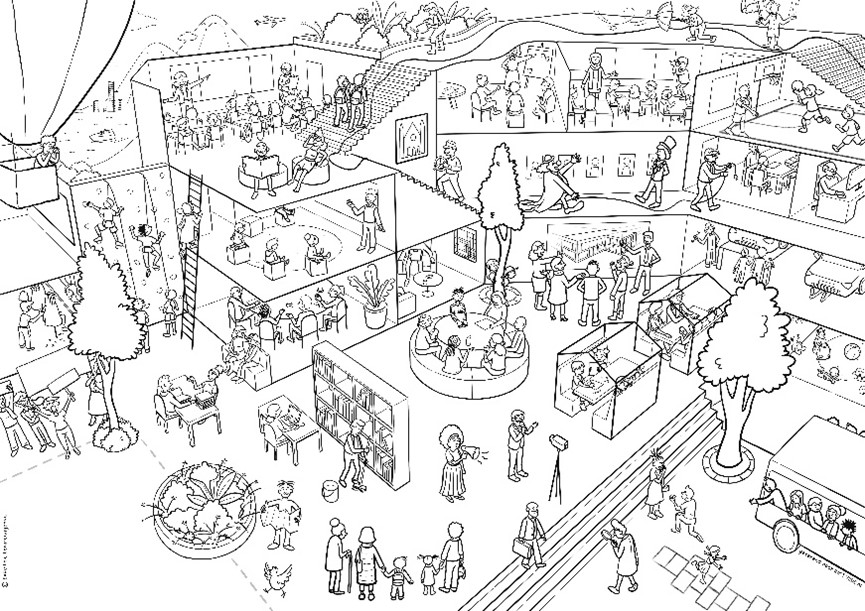Subject based Professional Learning Communities in Israel

Are EU Teacher Educators Freire Optimised to Empower the Diverse? A Call for Surveys to Find Out
April 10, 2018
The researcher inside me; the search for meaningful research in a shifting academic landscape
May 6, 2018Subject based Professional Learning Communities in Israel
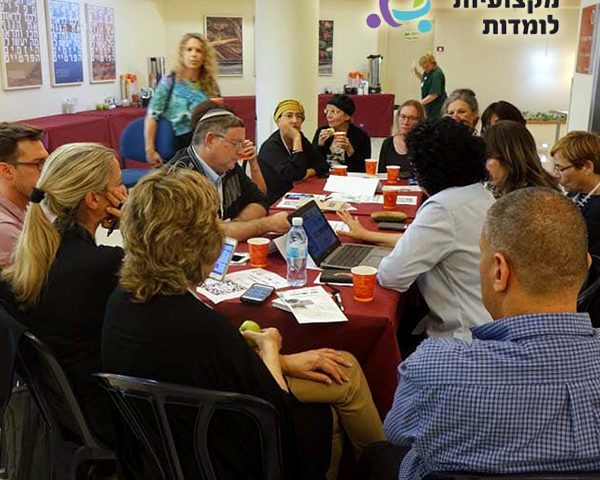
Since the mid‐1990s, the concept of professional learning communities (PLCs) has arisen in the education field and yet it took a few more years to be accepted in Israel.
The Ministry of Education (MoE) stipulates that all teachers participate in Professional Development (PD) however up until approximately three years ago the most common type of professional development for teachers in Israel was courses, workshops or formal qualification programs. Only these forms of PD enjoyed government funding.
During the past eight-ten years a few subject based PLC programs developed with the aid and funding of philanthropies. Most of these PLCs were formed for and by Science educators.
In 2016 the Ministry of Education launched the National program for developing school based PLC's. The vast majority of these school based learning communities are not subject driven. The year 2017 saw the launching of the Subject-based Professional Learning Communities Research and Development (PLC R&D) department in the MOFET institute. The main purpose of this R&D is to collaborate with the MoE in order to define and develop effective subject-based PLCs. Since these PLCs are regional and not school based there is a need to identify and address the challenges this poses and find ways to overcome them.
In collaboration with academics, policy makers and teachers the PLC R&D developed PLC standards and characterized three models for running a PLC: Online PLCs, individual PLCs and a network PLC. In addition, this group defined the governmental funding each model will receive.
The network PLC utilizes a pyramid structure to promote collaboration between practicing teachers and educational researchers in a specific discipline. Briefly, at the top of the pyramid structure is a group of leading teachers who meet regularly with educational researchers to learn best teaching practices. During these meetings the participants analyze evidence and reflect upon the implementation of these practices in their respective PLCs and their classrooms.
An individual PLC is a group of teachers that get together to form a learning communities. These PLCs does not have academic support, in other words there is no leading teacher PLC. In order to facilitate the leaders of these PLCs, we formed a leading teacher PLC in the MOFET institute. The uniqueness of this PLC is that its main purpose is to support leaders of subject based PLCs and yet the participants come from different disciplines.
The asynchronous online PLC model is by far the least common. The PLC R&D department in collaboration with the language supervisor of the MoE and with the Innovation and Technology department of the Mofet institute are developing an innovative platform for such PLCs. This platform consists of features that foster interaction, collaboration and negotiation of meaning among participants. The participants meet in person three times a year and the rest of the PLC activity is asynchronous allowing the teachers to participate and collaborate flexibly on their own time.
In order to support new PLCs the R&D department developed a course for PLC leaders and formed PLCs where existing PLC leaders can meet to exchange ideas and build common knowledge about best practices and challenges in building and sustaining subject-driven PLCs.
Since PLC of teachers are a relatively new form of PD in Israel, there is little local research in this area. The PLC R&D department in collaboration with the MOFET institute Research Authority, launched a research program aimed at examining empirically the changes in teachers’ attitudes, perceptions and practices as a result of participating in a subject-based PLC.
Currently there are 150 subject-based PLCs that are recognized and funded by the MoE. Our aim is to double that number in 2018. Many obstacles remain and the PLC R&D department is looking for ways and avenues to clear those obstacles. Amongst these obstacles are the lack of funding for PLC developers, union agreements regarding teacher PD and working hours that pose difficulties for teachers wanting to join PLCs, difficulties in finding meeting avenues and more.


